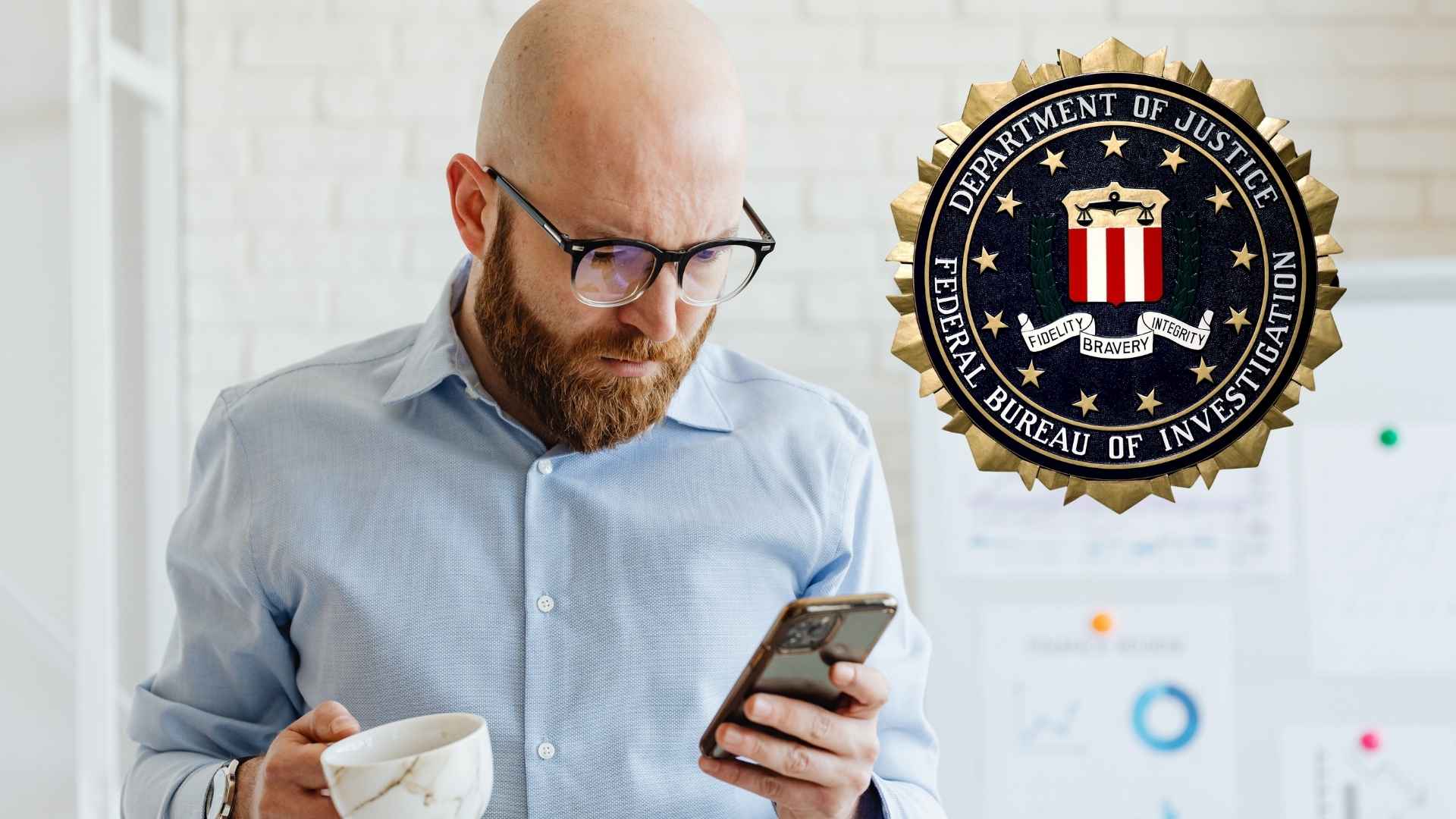Americans are waking up to a fresh FBI bulletin that urges more than 150 million iPhone and Android owners to trash suspicious texts the second they arrive. The campaign, driven by organized groups operating from China, is flooding phones with urgent “unpaid toll” or “traffic ticket” notices that link to look‑alike payment pages. Click once and the crooks can drain your card or steal enough personal data to open new accounts in your name.
Why the FBI’s new smishing alert matters to iPhone and Android owners alike
The warning made headlines after analysts recorded an 800 percent jump in DMV‑themed scam texts during June alone. Victims get a message claiming they owe a tiny fee, often just a few dollars, to keep a driver’s license from being suspended. Pay up and the site immediately asks for your full card details, billing address and even Social Security number. “Delete the message—even if you haven’t opened it,” the FBI stressed, because accidental taps on embedded links remain the easiest way in for attackers.
How the Chinese‑linked smishing campaign tricks victims with DMV and bank notices
Security researchers at Check Point say the infrastructure behind the blitz points squarely to a professional phishing‑as‑a‑service ring based in China. Their investigation uncovered thousands of domains such as FLdmv.gov‑abcd.cfd/pay, all registered with the same bargain hosting providers and sharing identical JavaScript, CSS and images—a ready‑made “Lighthouse” kit that anyone can rent. The sites spoof multiple agencies and banks, from Florida’s DMV to Capital One, and rotate phone numbers routed through overseas networks to stay ahead of U.S. takedown requests.
Steps to spot, delete and report scam texts before they cost you money
Sounds scary, right? Here’s a quick action list you can keep handy:
- Delete unread messages that threaten fines, license points or account closure.
- Never tap embedded links; instead, visit the agency’s official site by typing the address yourself.
- Report spam on iPhone via “Delete and Report Junk” or forward the text to 7726 (SPAM) on most carriers.
- Enable filters such as “Filter Unknown Senders” (iOS) or “Block Unknown Numbers” (Android).
- Freeze credit with the three bureaus if you shared personal data by mistake.
Can unopened texts infect your phone? The FBI says no—malware needs user interaction—but deleting them reduces the chance you’ll click when you’re distracted.
The smishing surge shows no sign of slowing, and the tactics will undoubtedly morph into look‑alike bank or credit‑card alerts next. Taking 30 seconds to erase a sketchy SMS beats spending hours untangling fraud charges later. After all, scammers can’t steal what they never receive.

